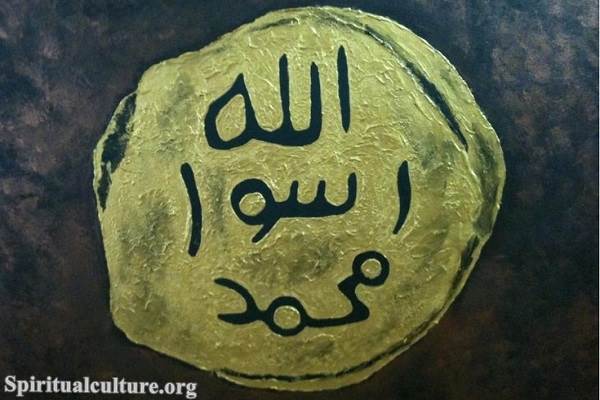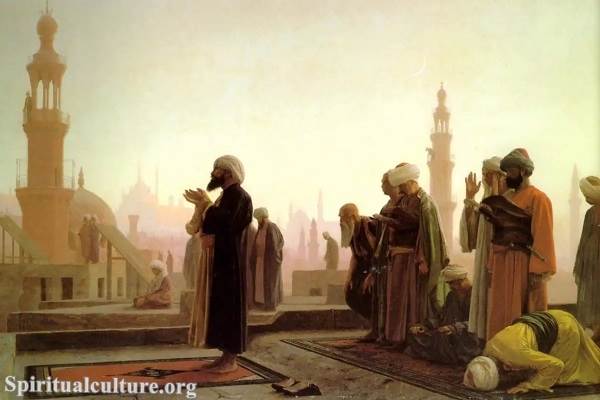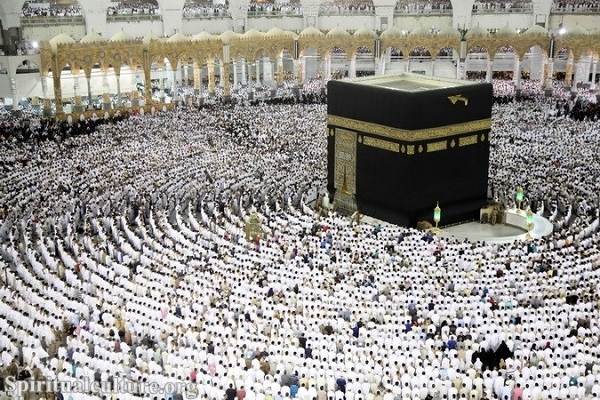How many Muslim countries are in the world?
There are 57 member countries of the Organization of Islamic Cooperation (OIC), which is an international organization that aims to promote cooperation among Muslim countries. However, not all countries with a Muslim population are members of the OIC, so the exact number of Muslim countries in the world is difficult to determine.
The percentage of Muslims in a country’s population can vary widely, with some countries having a majority Muslim population and others having a minority Muslim population.
List of Islam countries
The 57 member countries of the Organization of Islamic Cooperation (OIC) are: Afghanistan, Albania, Algeria, Azerbaijan, Bahrain, Bangladesh, Benin, Brunei, Burkina Faso, Cameroon, Chad, Comoros, Djibouti, Egypt, Gabon, Gambia, Guinea, Guinea-Bissau, Guyana, Indonesia, Iran, Iraq, Ivory Coast, Jordan, Kazakhstan, Kuwait, Kyrgyzstan, Lebanon, Liberia, Libya, Malaysia, Maldives, Mali, Mauritania, Morocco, Mozambique, Niger, Nigeria, Oman, Pakistan, Palestine, Qatar, Saudi Arabia, Senegal, Sierra Leone, Somalia, Sudan, Suriname, Syria, Togo, Tunisia, Turkey, Turkmenistan, Uganda, United Arab Emirates, Uzbekistan, Yemen.
This list is based on the knowledge cut-off date, and it’s possible that the organization has changed since then.
General characteristics of Muslim countries
Muslim countries are diverse and have a wide range of characteristics. However, some general characteristics that are common among many Muslim countries include:
- The majority of the population is Muslim.
- Islam is the dominant religion and often plays a central role in shaping the country’s culture and laws.
- The Quran and the Hadith (sayings and actions of the Prophet Muhammad) are considered the primary sources of Islamic law and guidance.
- Many Muslim countries strongly emphasize traditional gender roles and conservative social values.
- Muslim countries often have a rich and varied history, with many having been centers of learning, art, and architecture.
- Some Muslim countries have oil resources and, therefore, have a strong economies.
It’s important to note that these are general characteristics, and not all Muslim countries have these features. Also, Muslim countries have a lot of political, and economic development, culture, and diversity.




